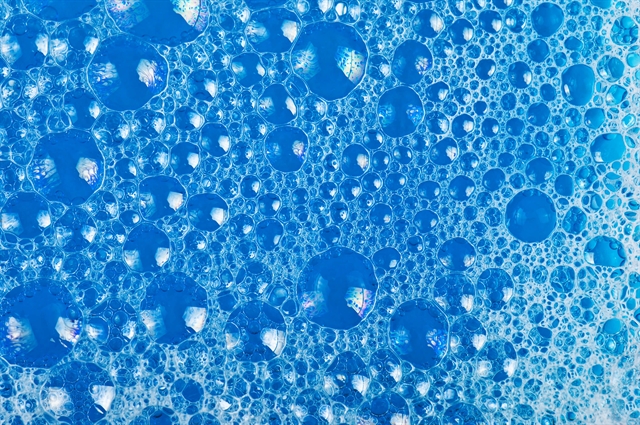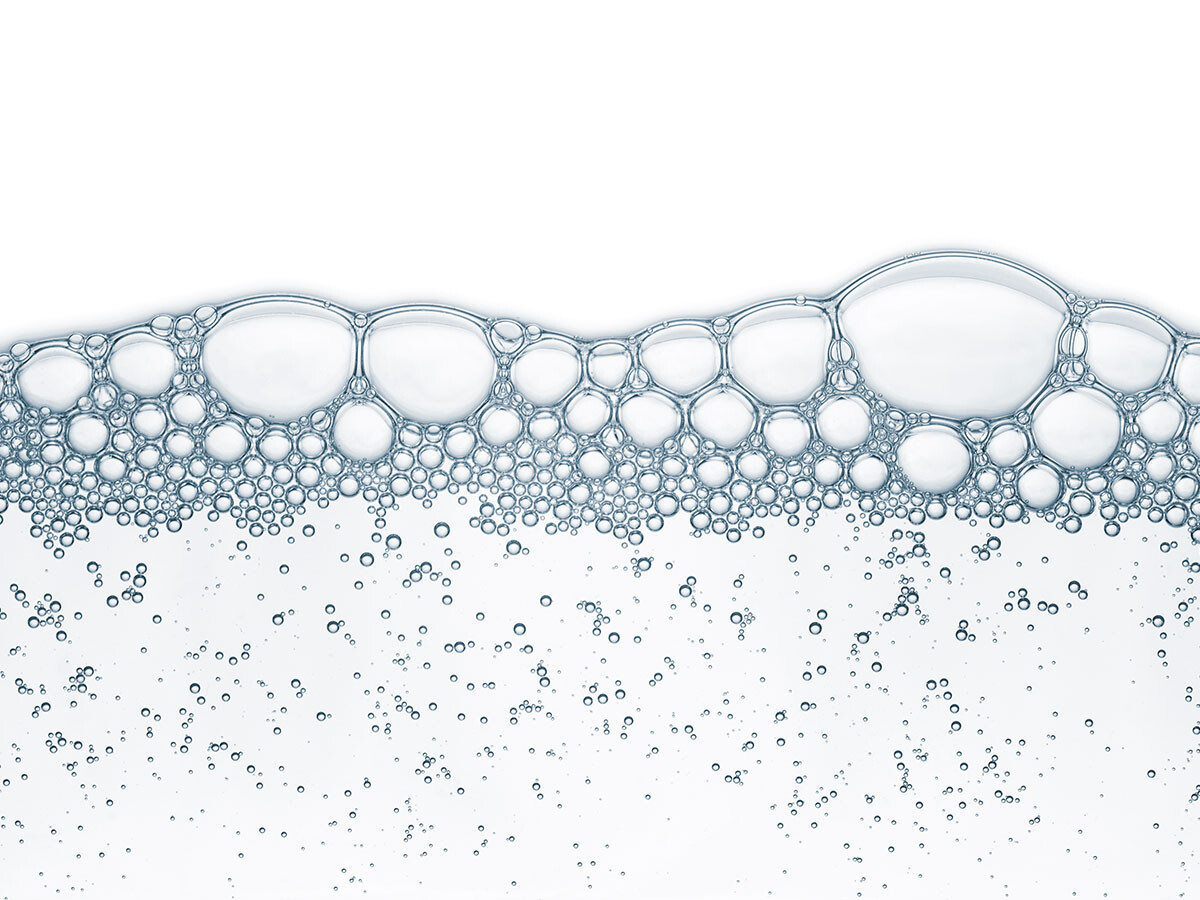How Defoamers Enhance Efficiency in Manufacturing and Production
How Defoamers Enhance Efficiency in Manufacturing and Production
Blog Article
The Duty of Defoamers in Enhancing Product High Quality and Performance
In numerous making procedures, the existence of foam can substantially hinder product top quality and functional effectiveness. Defoamers function as important additives that minimize this concern, making certain smoother manufacturing process while improving the practical and aesthetic qualities of the final products (defoamers). Their application extends a plethora of sectors, from food and drink to pharmaceuticals, where consistency and dependability are critical. The selection of the appropriate defoamer can be vital to accomplishing optimal results, raising crucial questions concerning formula compatibility and efficiency metrics that warrant additional expedition.
Understanding Defoamers
Recognizing the duty of defoamers is important for preserving product top quality throughout various industries. Defoamers are chemical ingredients made to avoid the development and decrease of foam in liquid systems, which can detrimentally affect processes such as mixing, filling up, and surface area tension. Foaming can cause inadequacies, item flaws, and jeopardized aesthetic appeal, making defoamers an important element in producing operations.
In industrial applications, defoamers aid to boost item consistency and stability. For instance, in the paint and layers market, foam can disrupt the application process and the final finish. Likewise, in food and beverage production, excessive foam can hinder bottling and packaging efficiency (defoamers). The reliable use of defoamers not only guarantees smoother manufacturing procedures however also adds to exceptional item performance.
Additionally, the choice and formula of a defoamer should align with certain application demands, such as compatibility with various other components, effectiveness under varying temperature level and pH problems, and prospective regulatory restraints. Eventually, understanding defoamers' features and their value in different formulas is important for maximizing production and ensuring the finest quality output.
Sorts Of Defoamers
Defoamers can be classified into a number of kinds based upon their composition and system of activity. The primary kinds consist of silicone-based, non-silicone natural, and not natural defoamers.
Silicone-based defoamers are amongst the most effective, mostly as a result of their ability to spread promptly on the liquid surface and disrupt foam formation. Their one-of-a-kind chemical structure permits exceptional security, making them ideal for high-temperature applications and atmospheres with differing pH degrees.
Non-silicone organic defoamers, typically made up of fatty acids or all-natural oils, are valued for their biodegradability and lower toxicity. These are commonly made use of in food and drink applications where safety and security and ecological influence are vital.
Not natural defoamers, that include compounds like talc or calcium carbonate, act by enhancing the density of the fluid, therefore lowering foam stability. They are usually made use of in commercial processes where compatibility with other materials is not a worry.
Each sort of defoamer has distinct benefits and restrictions, permitting customized services relying on the details frothing issues experienced in various applications. Understanding these differences is essential for optimizing efficiency and accomplishing desired product quality.
Applications Across Industries
Various markets leverage defoamers to improve item quality and operational efficiency. In the food and beverage sector, defoamers are crucial in procedures such as brewing and dairy manufacturing to stop foam formation, which can cause inefficiencies and product disparity. By controlling foam, suppliers can make sure better yield and a more uniform product.
In the pharmaceutical industry, defoamers play an essential duty in the formula of liquid drugs, where extreme foam can impede mixing and exact dosing. Their usage assists keep the stability of the solutions and promotes smoother manufacturing processes.
The paint and coatings market likewise relies upon defoamers to improve the performance of items throughout application. By lessening foam, these additives ensure a smoother surface and improve the visual top qualities of the end product.

Advantages of Utilizing Defoamers
While the application of defoamers varies throughout sectors, their benefits constantly boost product quality and process efficiency. One significant advantage is the reduction of foam formation throughout producing procedures, which can or else result in production delays and variances in product quality. By lessening foam, defoamers enable a smoother flow of products, assisting in much more effective operations and reducing the probability of devices breakdowns.
In addition, making use of defoamers can boost the appearance and appearance of end products. In sectors such as finishings, paints, and food handling, extreme foam can endanger the aesthetic appearances and overall her comment is here high quality, while the proper defoamer application ensures an uniform finish and preferable characteristics. Defoamers can add to set you back financial savings by lowering waste during production and optimizing the usage of raw products.

Picking the Right Defoamer
Selecting the ideal defoamer is important for enhancing manufacturing procedures and guaranteeing item quality. The choice of defoamer influences not just the performance of foam control yet likewise the total performance features of the last item. Factors to take into consideration include the kind of application, the chemistry of the solution, and hop over to these guys the ecological conditions under which the item will certainly be utilized.
Different industries might call for particular defoamer types, such as silicone-based, organic, or polymeric defoamers. Understanding the compatibility of the defoamer with the key active ingredients is vital to stay clear of unfavorable reactions that can endanger product honesty. Furthermore, the defoamer's effectiveness in various temperature levels and pH levels have to be evaluated to guarantee constant performance.
Testing the defoamer in small applications can offer important insights into its performance and suitability. Consideration of regulatory compliance, particularly in food, drugs, and cosmetics, is extremely important in picking a defoamer. Eventually, a detailed assessment of these elements will bring about the choice of a defoamer that not just manages foam efficiently however likewise boosts the high quality and efficiency of the end product.
Verdict

In conclusion, defoamers are necessary additives that dramatically boost item high quality and performance throughout various markets. The calculated selection and application of defoamers lead to cost savings, optimized source usage, and boosted client complete satisfaction.
Lathering can lead to ineffectiveness, product issues, and compromised visual charm, making defoamers an important component in making operations.

Report this page